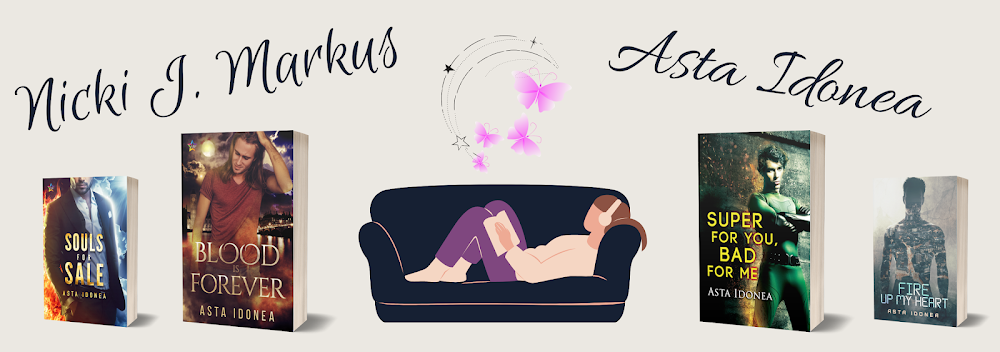
That changed in my mid-teens. At that point, I had left off horror and dedicated myself to reading the classics. Plus, I had developed a fascination with the French Revolution as a consequence of seeing the musical Les Misérables (even though that is set during the 1832 insurrections and not the main revolution of 1789-1794), and was reading many books on the revolution as a whole and on Robespierre, who has the honour of being my first (of several) historical crushes.
Essentially, my love of history took off the moment I realized I could pursue my own areas of interest, rather than those forced upon me by a school curriculum. Now, I love learning about everything to do with different times; although, my particular focus tends to be on social change, fashion, and linguistics. I enjoy many periods, including the Anglo-Saxon/Viking age and Ancient Egypt. However, my favourite era is the mid eighteenth century into the early nineteenth: Georgian and Regency. I confess, at times I probably have a slightly romanticised view of history, and that time especially, but I think that’s inevitable. As the film Midnight in Paris suggests, in every age we tend to look back to the last and wonder if things weren’t better then.
To finish today, I thought I’d share my favourite ways to learn about history, since it really doesn’t have to be solely about stuffy old textbooks (another way in which I think classroom history studies gets it wrong).
1) Non-Fiction Books—I know I promised no stuffy textbooks, but non-fiction history reading really doesn’t have to be like that. Take an author like Peter Ackroyd, for example. His works offer interesting historical fact told in a style of prose that reads more like a story. The plus with non-fiction, too, is that you can usually rely on its accuracy.
2) Fiction Books—With historical fiction, you want to be careful. Many authors will do careful research before writing, but not all of them. However, it depends what you want to get out of the book: historical detail or simply a fun tale. Don’t neglect, too, fiction written within your period of interest (when available) as this will often offer insight into clothing, behaviours, and views of the time.
3) Period Dramas (TV/Film/Theatre)—As with historical fiction, the accuracy levels can vary. However, these productions offer a good way to get a visual sense of a period, seeing the fashion and furnishings in a manner you may not have been able to picture clearly from the books without a point of reference or some knowledge of older garments.
4) Documentaries—Watching TV documentaries on history is another fun way to engage and learn. There are so many produced, on a wide range of topics, and it’s a little less heavy going than reading a hefty non-fiction text. Plus, it’s a chance to learn a little about a period or event which might then spark your interest and lead to future reading.
5) Museums and Galleries—If you are interested in seeing representations of people from a certain time, or artefacts from that period, don’t neglect to visit any and all museums and galleries, whether in your local area or while you are on vacation in other cities. Some, like the British Museum, can be packed with tourists, but you can still find quieter gems, too, such as the Musée Carnavalet in Paris.
6) Historical Properties—Finally, if you are in a place where this is possible, visit castles and stately homes. There’s nothing quite like stepping directly into history and seeing things for yourself. I used to enjoy a day out at a National Trust or English Heritage property, and it’s something I miss now that I live in Australia.
So, that was a brief overview of my journey from history hater to history buff. Do you enjoy reading/learning about history? If so, how do you go about it, and what are some of your favourite periods?


No comments:
Post a Comment